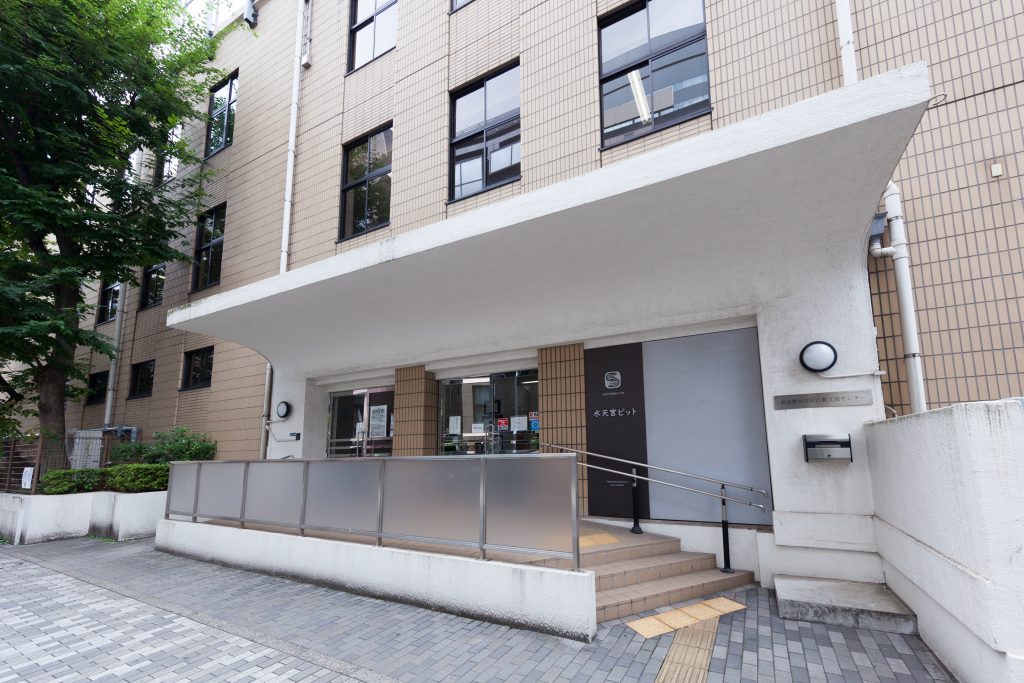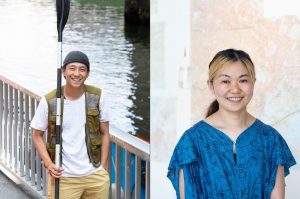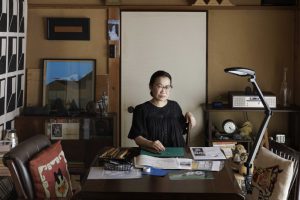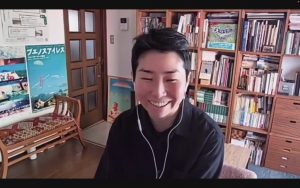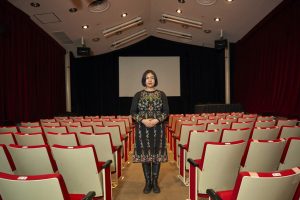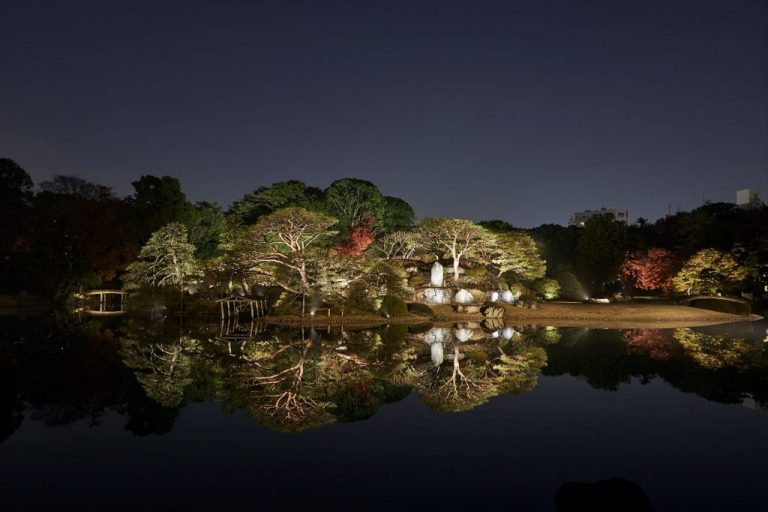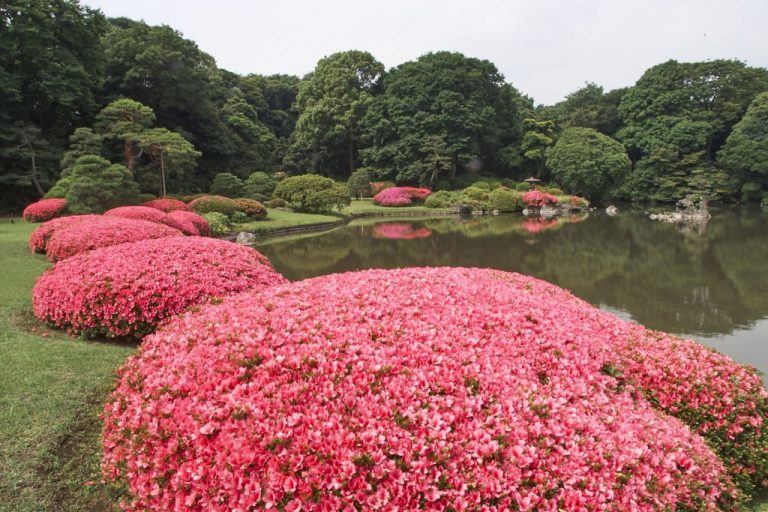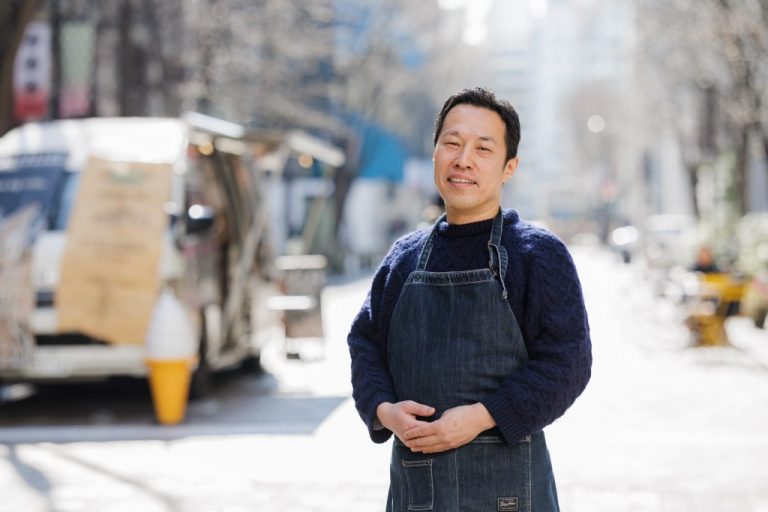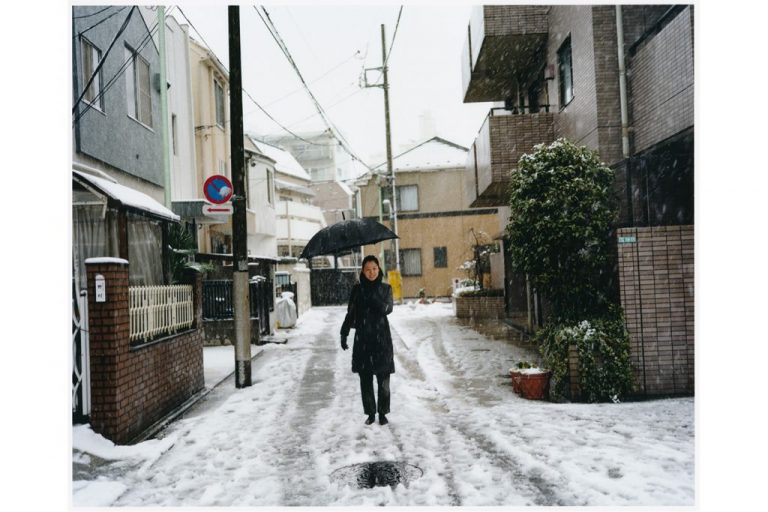SUITENGU PIT has five studios in a building that was formerly the Tokyo Metropolitan Nihonbashi High School, and a Main Studio that boasts a six-meter high ceiling in a newly constructed space of about 260 m2. In the summer of 2017, a theater troupe named OTONAKEIKAKU, led by actor and stage director Suzuki Matsuo, was rehearsing in the Main Studio.
“We have had the stage set built and been practicing here since over a month ago,” explains a member of the production staff.
Thanks to this studio’s large floor area and high ceiling, renters can assemble a stage set the same size as that used on the actual stage they’re performing on.
Using Practice Studio at SUITENGU PIT
Artists’ Survival Methods
No.004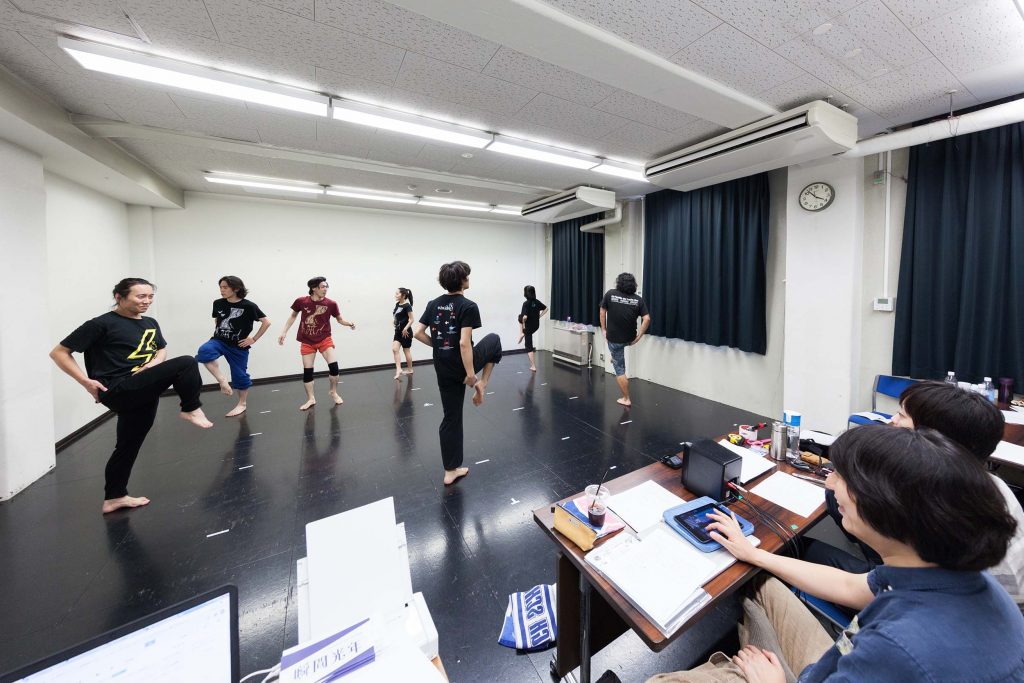
For a theater company, securing a practice space can be a major challenge. In this article, we will cast a spotlight on SUITENGU PIT (official name: Tokyo Metropolitan Arts Studio) operated by the Tokyo Metropolitan Theatre, and report on its facilities, as well as on two theater troupes, OTONAKEIKAKU and FUKAIPRODUCE HAGOROMO, that are preparing for their upcoming stage openings.
A full-scale stage set can be assembled in the Main Studio
Mid-size studios using old high school classrooms
In the old school building are Medium Studios, Small Studios, a meeting space, and shower rooms. In the Small Studio 1 on the second floor, another theater troupe was in the middle of a rehearsal. The troupe is FUKAIPRODUCE HAGOROMO, known for their song-and-dance-centered musicals, dubbed as “myo-sicals” (myo means “strange”).
“At SUITENGU PIT, there’s no need to worry about our sounds leaking out to our neighbors, so we can practice freely. Also, while we’re renting the space, we can leave everything out when we go home every day. Each studio also has a production room. The actors can practice at the same place every day so they are able to stay focused,” says the troupe representative, Junko Fukai.
Because SUITENGU PIT is publicly operated (by Tokyo Metropolitan Foundation for History and Culture), the rental fees are kept comparatively low, but in order to get a long-term rental, you must undergo a screening.
Even though Tokyo has a high ratio of theatrical artists such as actors and dancers, “there is still a huge lack of practice spaces,” says Fukai. If more practice spaces with conditions likes those offered by SUITENGU PIT become available, we would perhaps see greater increase in art activities within Tokyo.
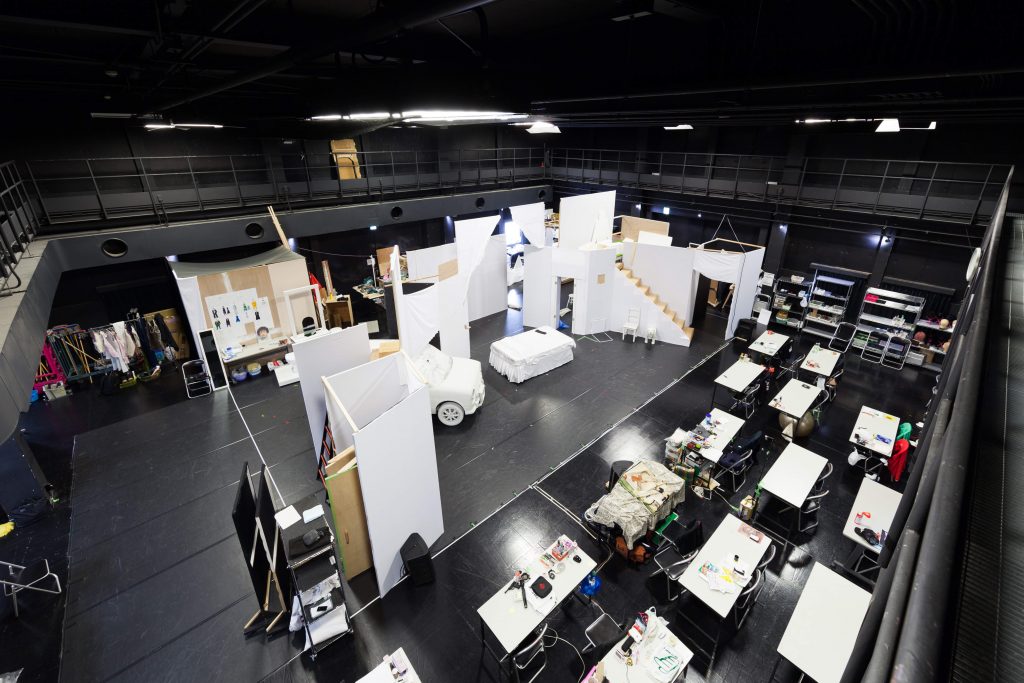
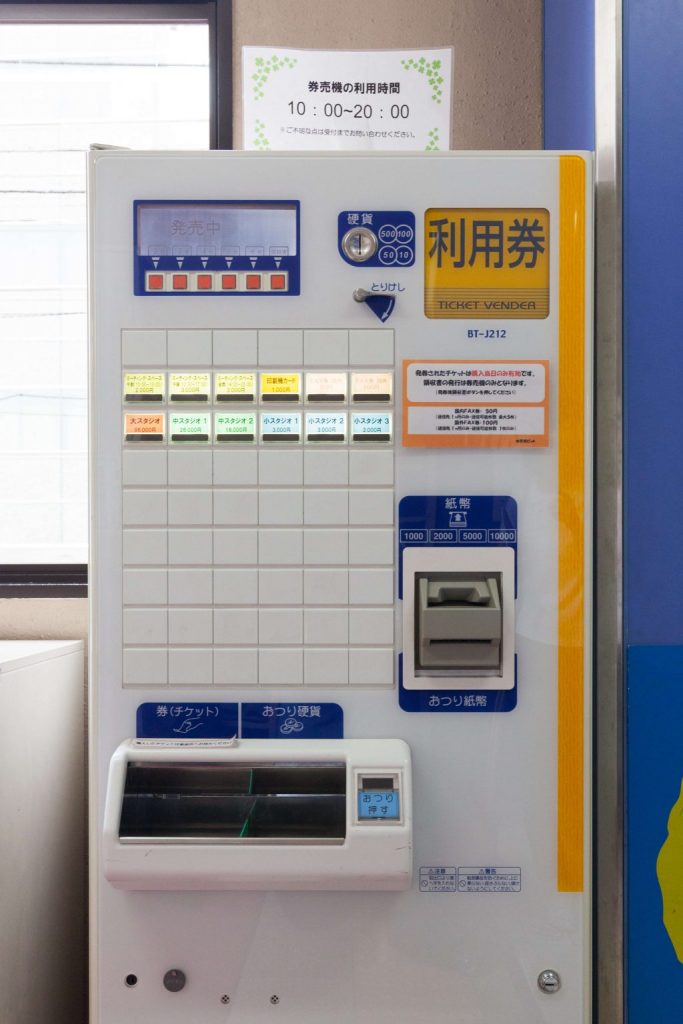
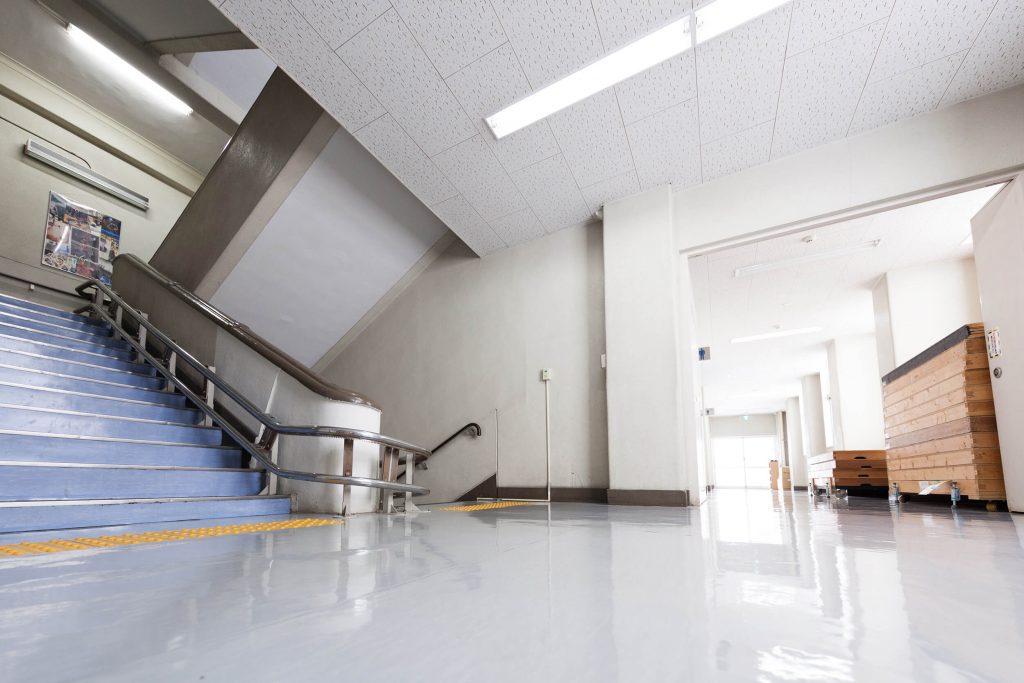
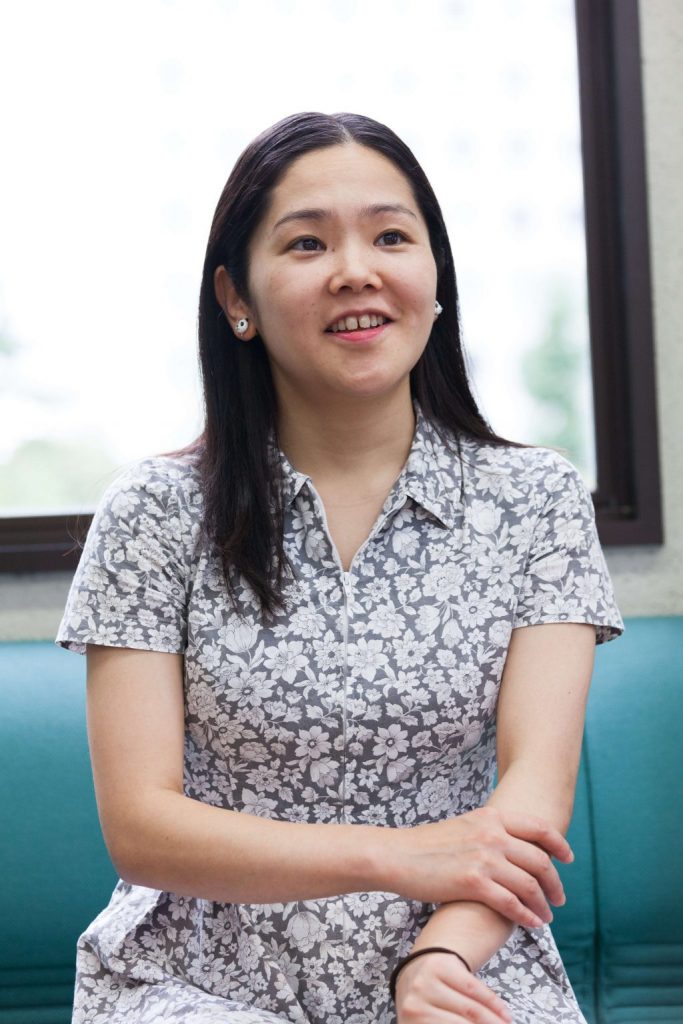
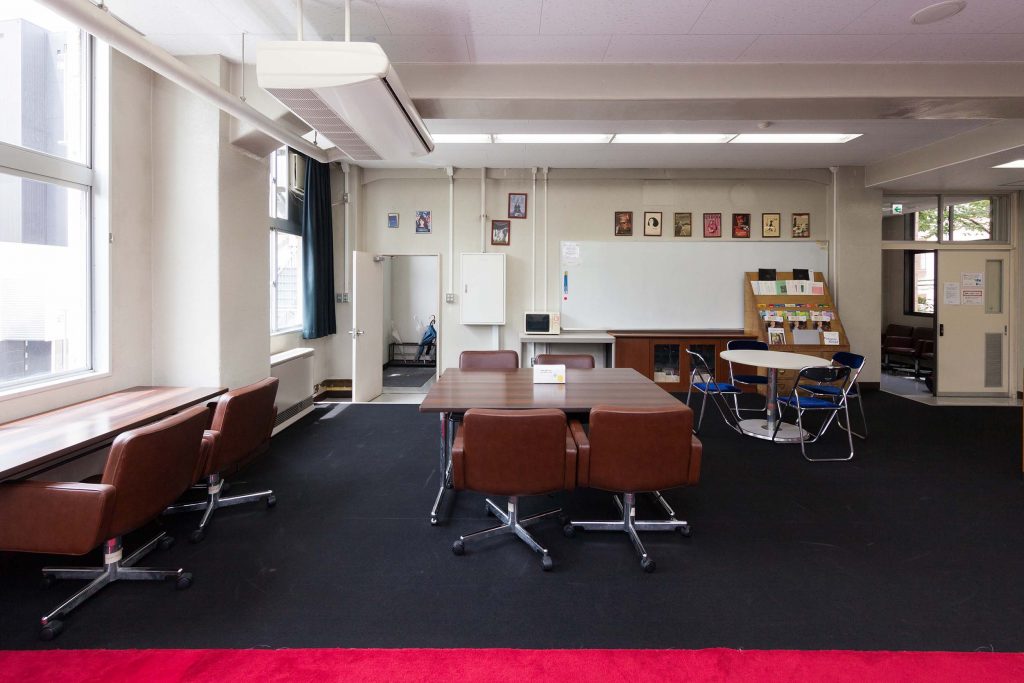
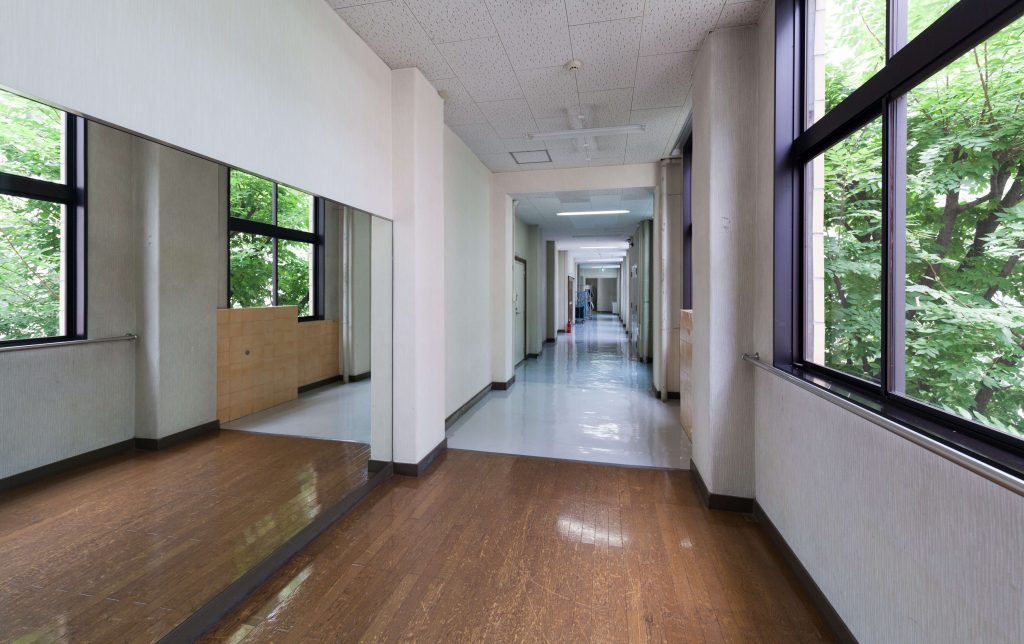
Original text: Emi Sato
Photo: Shu Nakagawa
SUITENGU PIT
Address: 18-14 Hakozaki-cho, Nihonbashi, Chuo-ku, Tokyo
Tel: 03-6661-6901
Email: s-pit@geigeki.jp
https://www.geigeki.jp/suitengu/
[How to apply]
Group registration is required for application.
Please see website for details.
https://www.geigeki.jp/suitengu/shinsei.html
